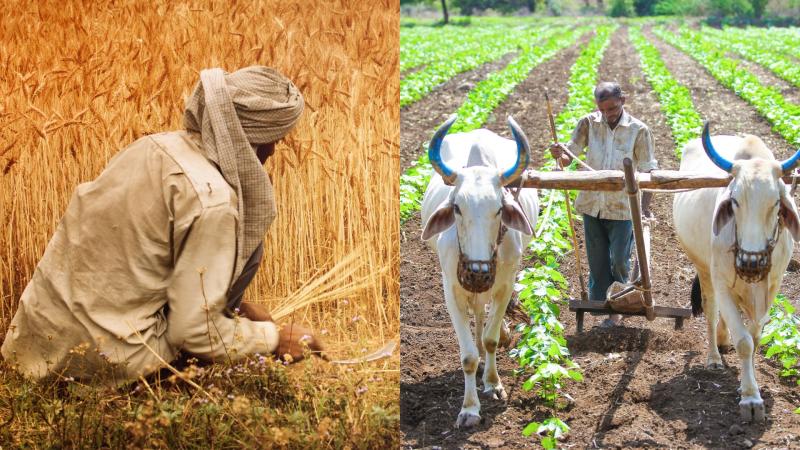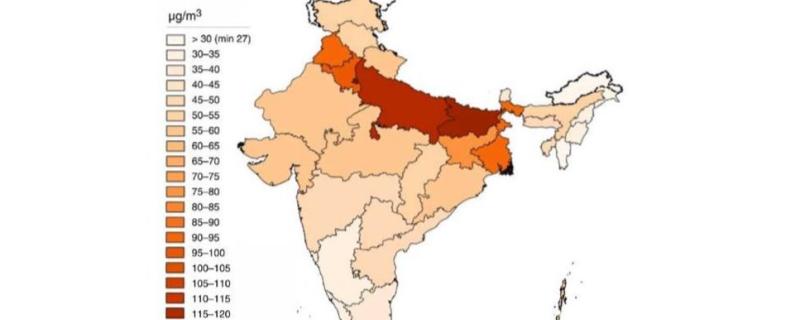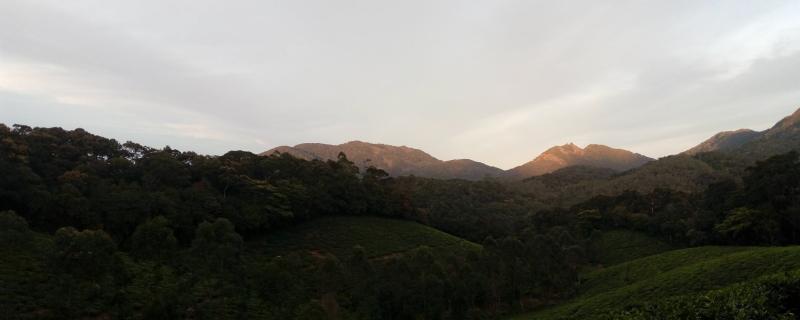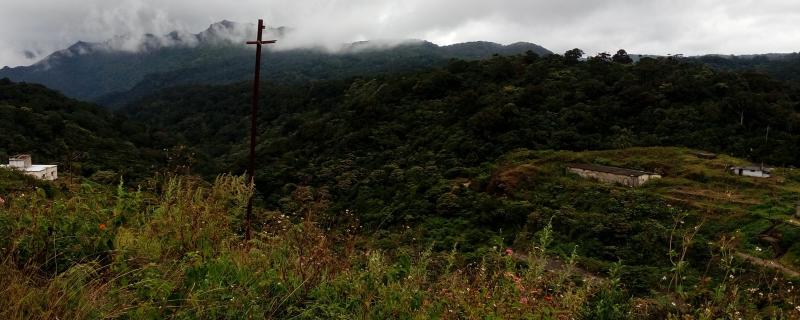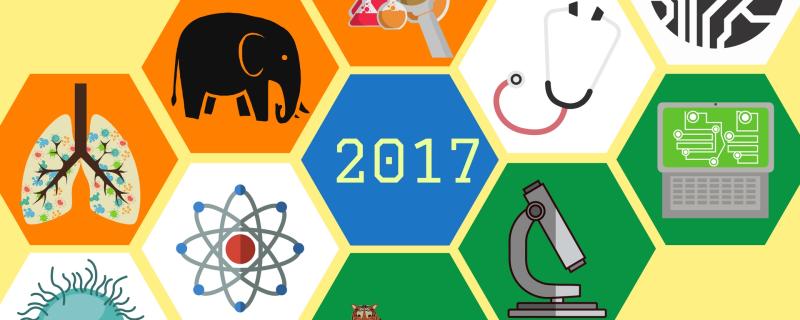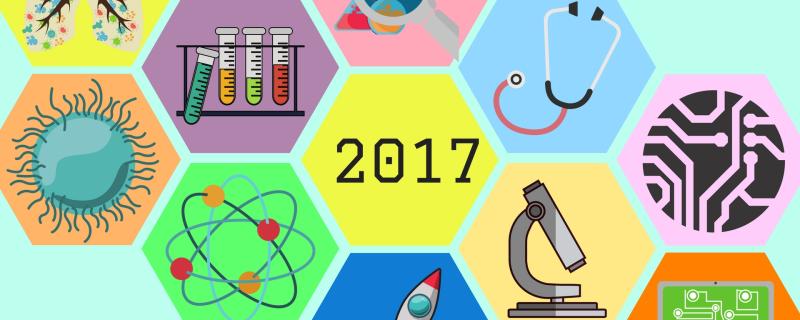The milk you consume might contain antibiotic resistant strains of bacteria, point out scientists from Department of Veterinary Epidemiology and Preventive Medicine, College of Veterinary and Animal Sciences, Kerala, in their recent study. A drug resistant strain of Stphylococcus aureus had been isolated from udders of cows with virulence factor Panton-Valentine Leukocidin (PVL).
Society
3.6 million lives could be lost in 2050 due to air pollution, says a recent study.
According to a new study by researchers from the Indian Institute of Technology-Bombay (IIT-B), the Health Effects Institute (HEI), and the Institute for Health Metrics and Evaluation (IHME), in 2015, only one in 1000 Indians lived in areas where particulate pollution did not exceed the permissible levels prescribed by World Health Organization (WHO).
Using satellite data from 1973, 1991 and 2016, researchers from the Indian Institute of Science, Bangalore, study how protected area have deteriorated over the years. The study also assesses the reason for the said deterioration of the forests.
Movie buffs and science aficionados are gearing up for the third Science Film Festival of India (SFFI) organized by Vijnana Bharati along with Vidnyan Parishad, Goa. The four day festival will kick off on the 16th of January 2018 in Panaji, Goa, and will feature movie screenings, workshops, exhibitions and competitions showcasing science and technology.
Around 500 all weather roads, listed in the Pradhan Mantri Gram Sadak Yojana’s (PMGSY) monitoring data as being ‘complete’, and has been paid for, have never been built in reality, finds a new study. This study, by researchers from the Princeton University, New Jersey, USA, and the Paris School of Economics, Paris, France, has suggested that political corruption, and not a lack of resources as thought, is the main reason for the lack of roads connecting remote areas in India.
Researchers at the Ashoka Trust for Research in Ecology and the Environment (ATREE) have proposed a new approach towards restoration of the Edeyarhalli-Doddasampige Wildlife Corridor (ED corridor) near Biligiri Rangaswamy Temple Tiger Reserve by working in collaboration with the local communities.
Scientists from the Indian Institute of Technology, Bombay, warn us that the problem of texting while driving is a much more worrisome one than previously anticipated. In their recent study they have look at how reaction times of drivers are affected by texting while driving. The study shows that texting can cause upto a 171% more delay in reaction time.
It was years ago that India’s first Prime Minister Jawaharlal Nehru had said, “It is science alone that can solve the problems of hunger and poverty, of insanitation and illiteracy, of superstition and deadening custom and tradition, of vast resources running to waste, or a rich country inhabited by starving people... Who indeed could afford to ignore science?”
Nehru was one of the first people to use the term scientific temper and advocate the promotion of scientific temper:
What a year it has been for Indian science! From indigenous transistors to help India's Internet of things to solutions to living in harmony with wild animals we have seen it all. Here we take a look at the highlighs of Indian research in 2017.
2017 had been an eventful year for science all over the world. We have seen tremendous breakthroughs like the detection of gravitational waves, along with many discoveries and inventions that take us a step closer to making out lives better. Here we present snapshots of the remarkable contributions made to science in 2017.
